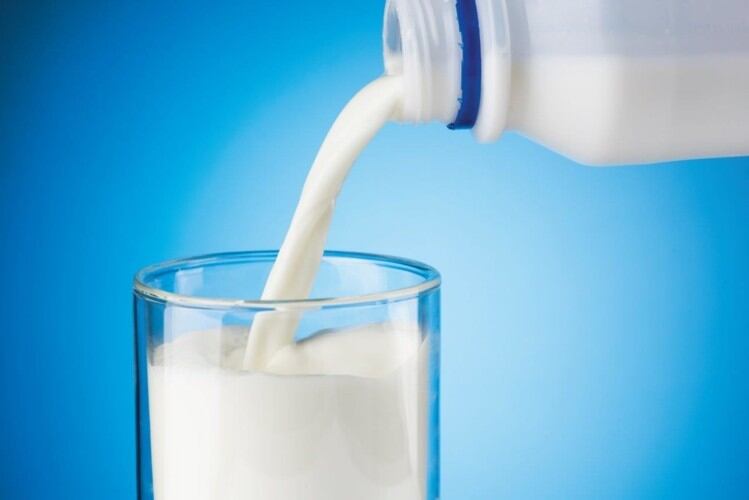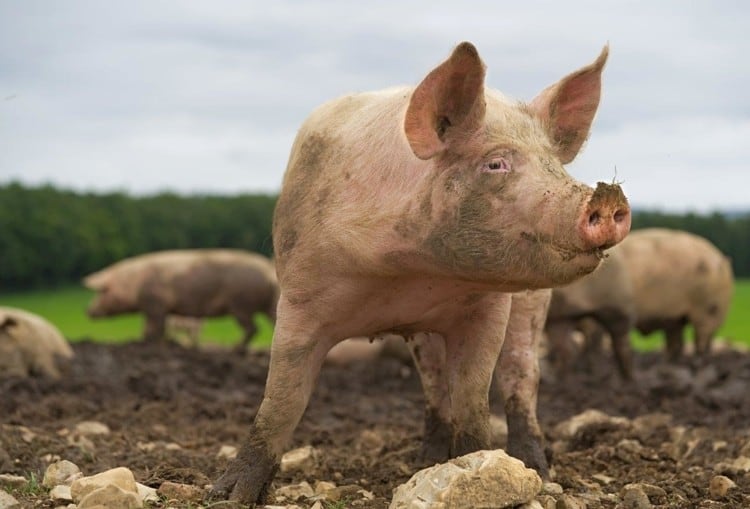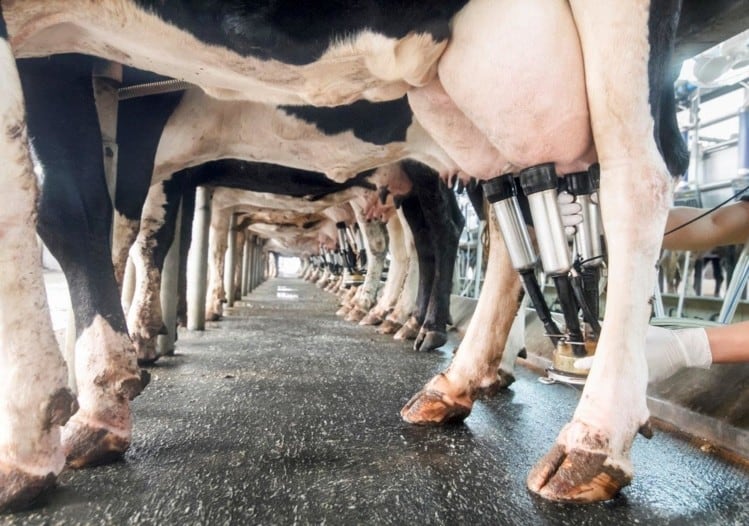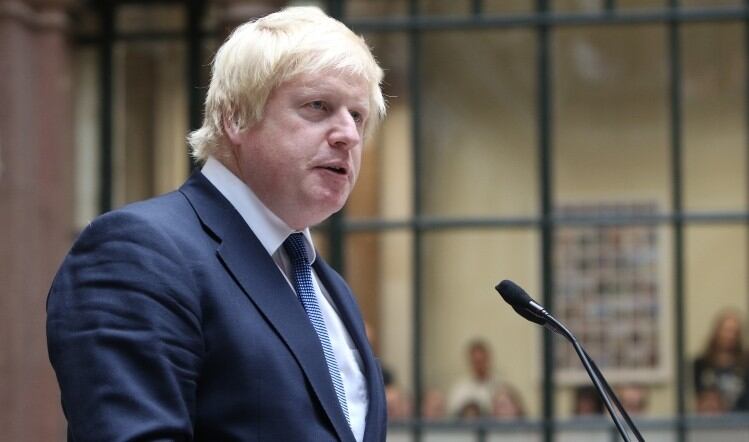Under a no-deal or unless smooth export terms are included in a deal, the trading of vast quantities of UK dairy products on international markets would be unfeasible, according to Dairy UK. That would lead to a glut of UK products on the domestic market and considerable waste, which in turn would have enormous environmental effects, Shore Capital head of research Clive Black told Food Manufacture.
“After all, you can’t throw milk down drains, as it is a major contaminant. Cows don’t stop producing milk because of a political crisis. Throwing hundreds of thousands of litres of milk away is just not feasible. Therefore, you are looking at the prospect of thousands of cows being culled.”
NI, which sells a substantial amount of milk and other dairy products, some sourced from Ireland, in the UK would be particularly badly hit, said Black. He added that the collapse of the region’s farming sector remained a “very real possibility” in the wake of the proposed changes.
“There is currently a very clear realisation that it would create such a crisis and that special measures would have to be considered by the UK Government, if we were to prevent the collapse of the region’s farming sector.”
‘Change the economics’
“If tariffs are imposed, never mind just checks, on vehicles carrying hundreds of millions of litres of milk to and from Northern Ireland, it would fundamentally change the economics of dairy farming.”
There remained potential for other regions to step into the void, however, although concerns existed around soaring costs as other manufacturers would scramble to increase tanking facilities and capacity.
‘Very expensive’
“Milk is a very expensive product to move and that is why you rarely see liquid milk coming into the UK from further afield,” Black said.
The Government has yet to clarify the potential cost to businesses across the board, despite much deliberation in Parliament.
Last week, Yvette Cooper, MP for Normanton, Pontefract and Castleford, and other MPs questioned Home Secretary Priti Patel as to her role as chair of the Home Affairs Committee.
Cooper confirmed that she was seeking concrete answers from the Government in the wake of the potential crisis.
The Dairy Council of Northern Ireland declined to comment on the situation. But Dairy UK expressed its concern surrounding potential tariffs and the impact on the wider UK market earlier this month.
“Currently, a large majority of the UK’s dairy exports go to the EU market, but in the event of a no-deal Brexit scenario, the EU would impose their WTO [World Trade Organization] tariffs on these products,” a statement said.
“These tariffs are cripplingly high and would make our great British dairy products uncompetitive on the EU market.
“This would result in 150,000 tonnes of cheese and 33,000 tonnes of butter unable to enter the EU market as it does currently, becoming displaced, flooding the UK market and creating the potential for huge farm-gate price collapses. Across all products, the industry would see nearly £1.3bn in lost export potential to its most profitable market.”




